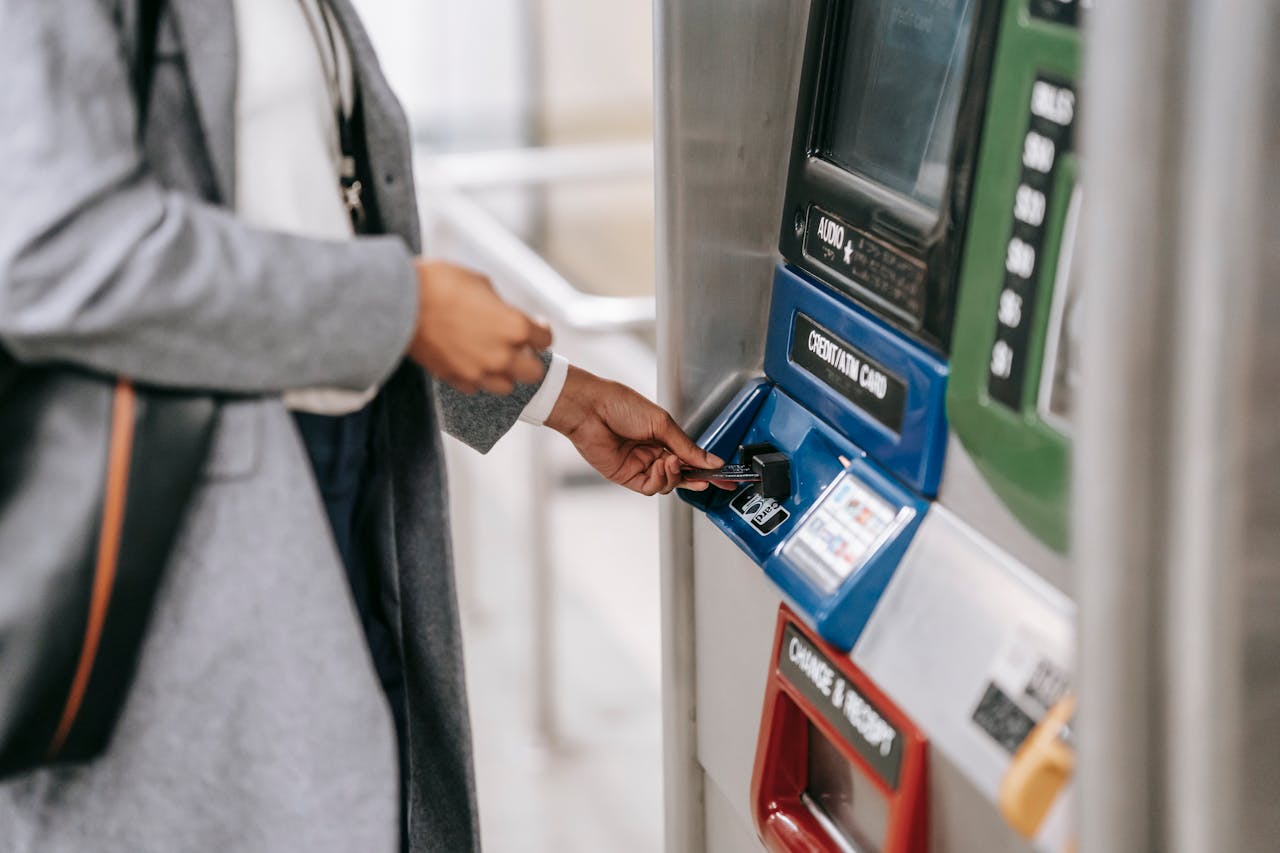

The evolution of automotive lubricants in Southeast Asia (SEA) is underpinned by a fusion of technological advancements and shifting market dynamics. Digitalization, in particular, has emerged as a cornerstone, enabling companies to enhance their operations, streamline supply chains, and offer personalized customer experiences. These technological strides are complemented by the growing emphasis on sustainability and eco-friendly products, pushing the development of advanced synthetic lubricants that offer superior performance and lesser environmental impact.
Companies at the forefront of this transformation, which include Pertamina, Total Energies, and PTT, have harnessed digital strategies to elevate their market standing. Through initiatives like PTT's Lube Solution and Fit Auto, these companies have demonstrated how leveraging technology can streamline sales management, improve customer experiences, and enable data-driven decision-making. Such innovations underscore the transformative potential of digitalization in revolutionizing automotive lubricants.
A key insight into the revolutionizing automotive lubricants in SEA is the integral role of customer-centric strategies. As the digital landscape evolves, so do consumer expectations, prompting companies to adopt more agile, responsive approaches.
Innovation in automotive lubricants is fueled by the growing demand for specialized lubricants for commercial vehicles and the shift towards synthetic lubricants. This transition is influenced by recognizing their long-term cost benefits and superior engine protection. As SEA economies grow, consumer preferences gradually shift towards high-quality, environmentally friendly lubricant options that promise enhanced performance and reduced environmental impact.
Moreover, integrating Internet of Things (IoT) technologies has paved the way for predictive maintenance strategies, where lubricant needs are anticipated and addressed proactively, enhancing vehicle longevity and performance.
Looking ahead, the lubricant market forecast appears promising, with significant growth opportunities on the horizon. The demand for specialized lubricants, particularly for commercial vehicles and equipment, is expected to rise steadily, fueled by the expanding transportation and agriculture sectors in countries like Indonesia and Vietnam. This, coupled with the increasing consumer shift towards high-quality synthetic lubricants, underscores the market's potential for innovation and growth.
The dominance of retail channels is anticipated to continue, with digital tools playing a pivotal role in enhancing customer engagement and sales strategies. As such, companies that leverage digitalization to improve their retail presence and customer service are likely to gain a competitive edge.
Future Prospects for Automotive Lubricants Market Industry Players
For industry players, the future of automotive lubricants in SEA is ripe with opportunities. The key to capitalizing on these prospects lies in embracing digital transformation, fostering innovation, and remaining attuned to evolving consumer preferences and environmental standards. By doing so, companies can enhance their product offerings and contribute to a more sustainable and efficient automotive ecosystem.
Revolutionizing automotive lubricants in SEA is about adapting to changes and leading the charge toward a sustainable, efficient, and innovative future. As industry players embrace these changes, the automotive lubricants market in SEA is set to experience significant growth, driven by technological advancements, evolving consumer preferences, and a steadfast commitment to environmental sustainability.
Source: https://ycpsolidiance.com/white-paper/SEA-automotive-lubricants

Leading the Charge: Major Players in SEA’s Digital Lending Market
The fintech lending market in SEA is poised for substantial growth, including digital lending which is set to surpass digital payments as the primary revenue driver for the region's digital financial services sector by 2025, with a compound annual growth rate (CAGR) of 33%. This growth is fueled by the widespread adoption of automated loan origination processes and the seamless integration of financial services into digital platforms.

Unlocking Opportunities in the SEA Digital Financial Services Landscape
In recent years, Southeast Asia (SEA) has emerged as a hotbed for fintech innovation, transforming the financial landscape across its diverse markets. This transformation is characterized by a surge in digital financial services (DFS), revolutionizing how individuals and businesses manage their finances. However, the journey is not without its challenges, and understanding these is crucial for stakeholders aiming to navigate this rapidly evolving sector.

How SEA Startups are Navigating Funding Challenges
The startup ecosystem in Southeast Asia (SEA) has long been a vibrant hub for innovation and growth. However, recent global economic shifts and the aftermath of the COVID-19 pandemic have ushered in a new era of funding challenges.

Challenges for Sustainable Recovery in Southeast Asia
Sustainable recovery in Southeast Asia faces numerous challenges, yet also presents significant opportunities for green growth. Addressing sustainable issues is crucial for achieving a resilient and sustainable future.